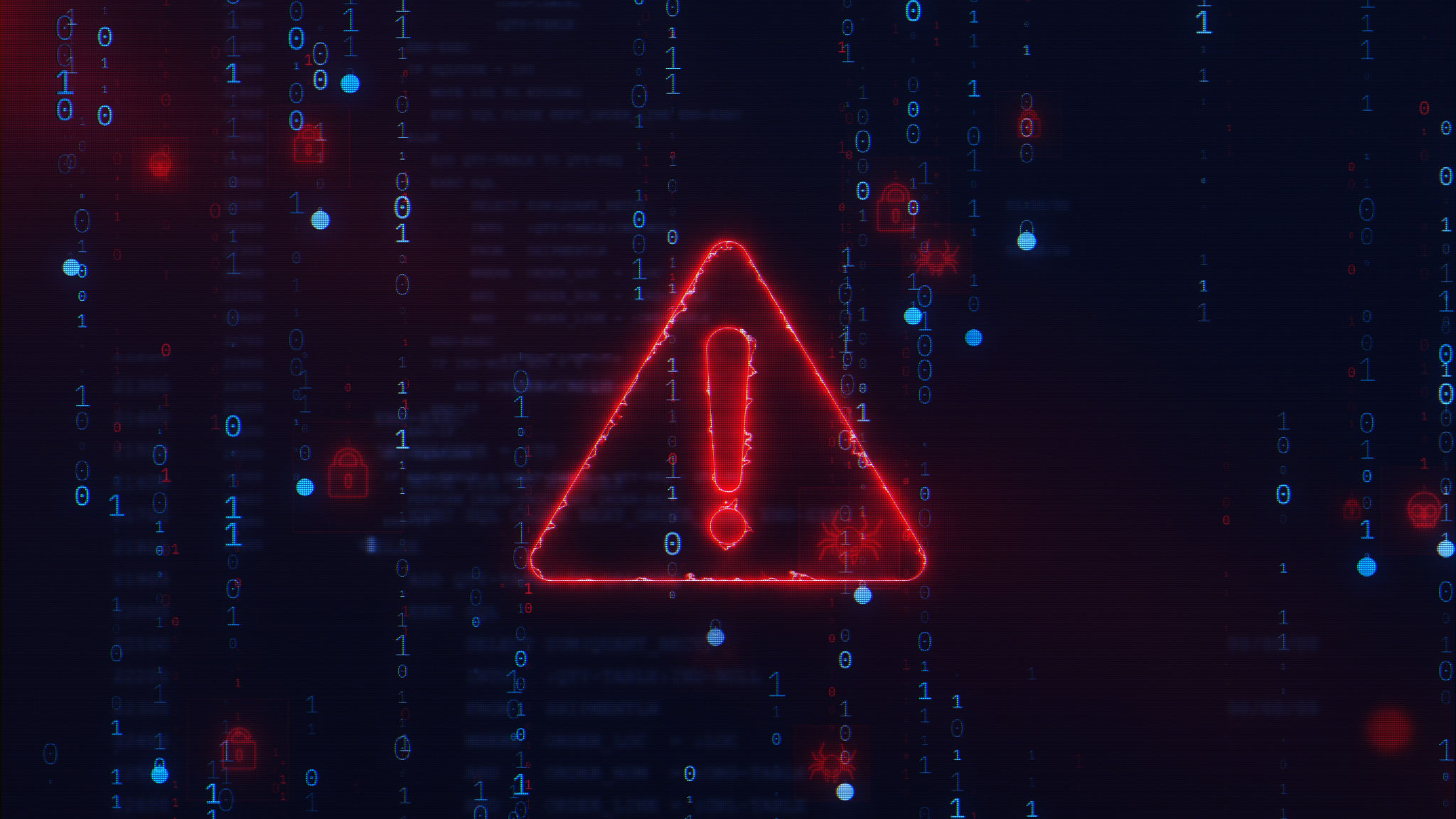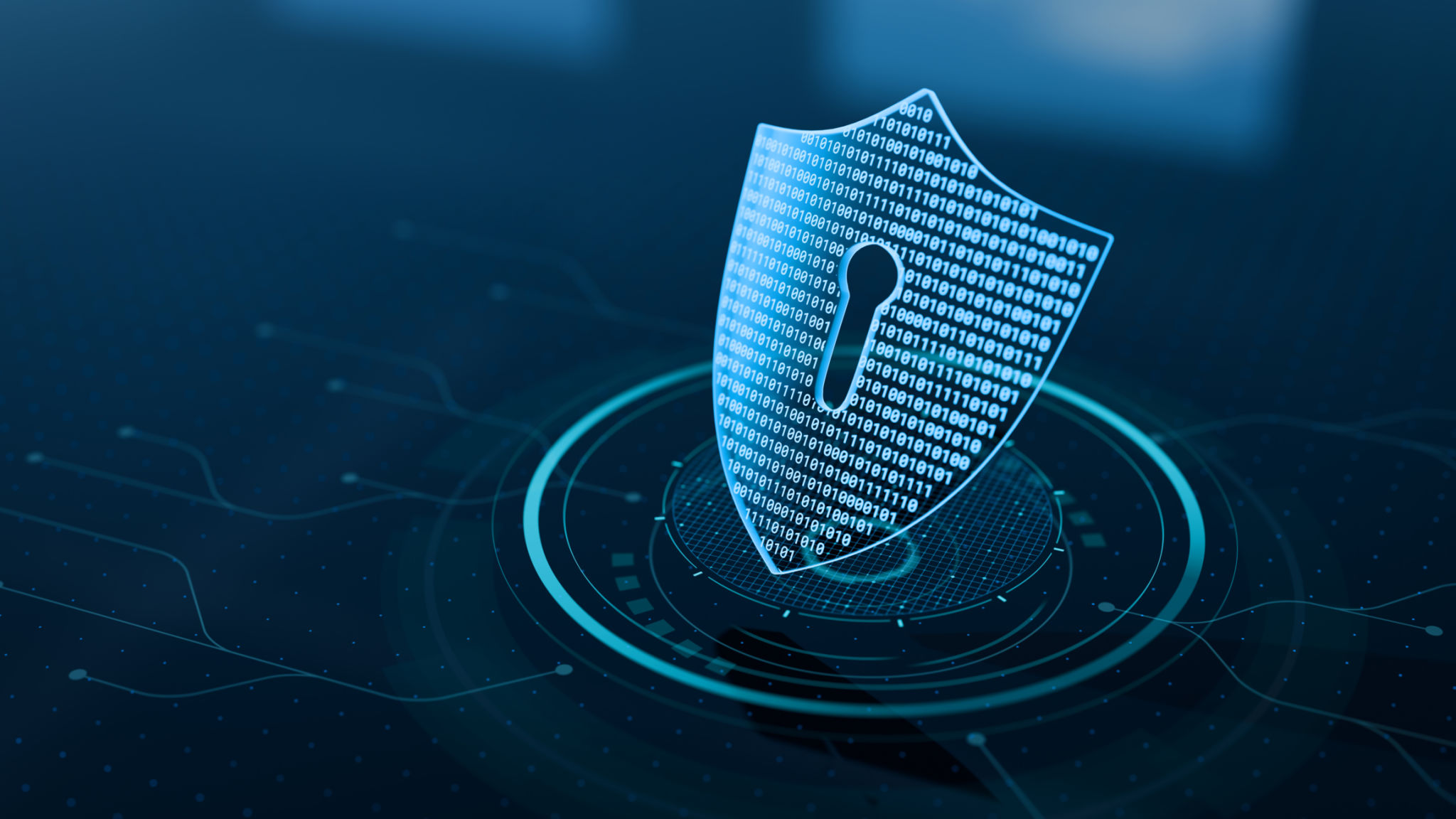Preventing Cyber Attacks: Essential Tips for Small and Medium Enterprises
Understanding the Threat Landscape
In today's digital age, small and medium enterprises (SMEs) are increasingly becoming targets for cyber attacks. These businesses often have fewer resources dedicated to cybersecurity, making them attractive targets for hackers. Understanding the threat landscape is crucial for implementing effective preventive measures. Cyber threats can range from phishing attacks and ransomware to data breaches, all of which can have severe implications for business operations.

Why SMEs Are Targeted
SMEs may underestimate their risk, assuming that only large corporations are targeted. However, many cybercriminals view SMEs as lucrative targets due to their often less robust security measures. Moreover, SMEs may hold valuable data, such as customer information and intellectual property, that can be exploited or sold on the dark web.
Implementing Strong Password Policies
One of the simplest yet most effective ways to prevent cyber attacks is by implementing strong password policies. Encourage employees to create complex passwords using a mix of letters, numbers, and symbols. Regularly updating passwords and using multi-factor authentication adds an extra layer of security to sensitive accounts.

Training Employees in Cybersecurity Awareness
A well-informed team is a crucial line of defense against cyber attacks. Conduct regular cybersecurity training sessions to educate employees about the latest threats and how to recognize potential red flags. Topics should include identifying phishing emails, safe internet browsing habits, and the importance of securing personal devices.
Utilizing Firewalls and Anti-Malware Software
Firewalls act as barriers between your internal network and external threats. Ensure that both hardware and software firewalls are installed and regularly updated. Additionally, deploying reliable anti-malware software can help detect and eliminate malicious software before it causes harm.

Regular Data Backups
Data loss due to cyber attacks can be devastating for any business. Regularly backing up data ensures that you can quickly recover important information in case of a breach. It's advisable to use both on-site and cloud-based backup solutions to maintain data integrity and availability.
- Schedule automated backups at regular intervals.
- Test backup systems periodically to ensure they function correctly.
- Encrypt backup data for added security.
Developing an Incident Response Plan
No security measure can offer 100% protection. Therefore, it's vital to have a well-documented incident response plan in place. This plan should outline the steps to be taken in the event of a cyber attack, including notifying affected parties, containing the breach, and restoring systems back to normal.

The Role of Third-Party Security Providers
Finally, consider leveraging third-party security providers who specialize in protecting SMEs from cyber threats. These providers offer services such as security audits, threat monitoring, and emergency response assistance. Partnering with experts can significantly enhance your cybersecurity posture without the need for extensive in-house resources.
By implementing these essential cybersecurity practices, SMEs can better defend themselves against potential cyber threats, ensuring business continuity and protecting sensitive information.
